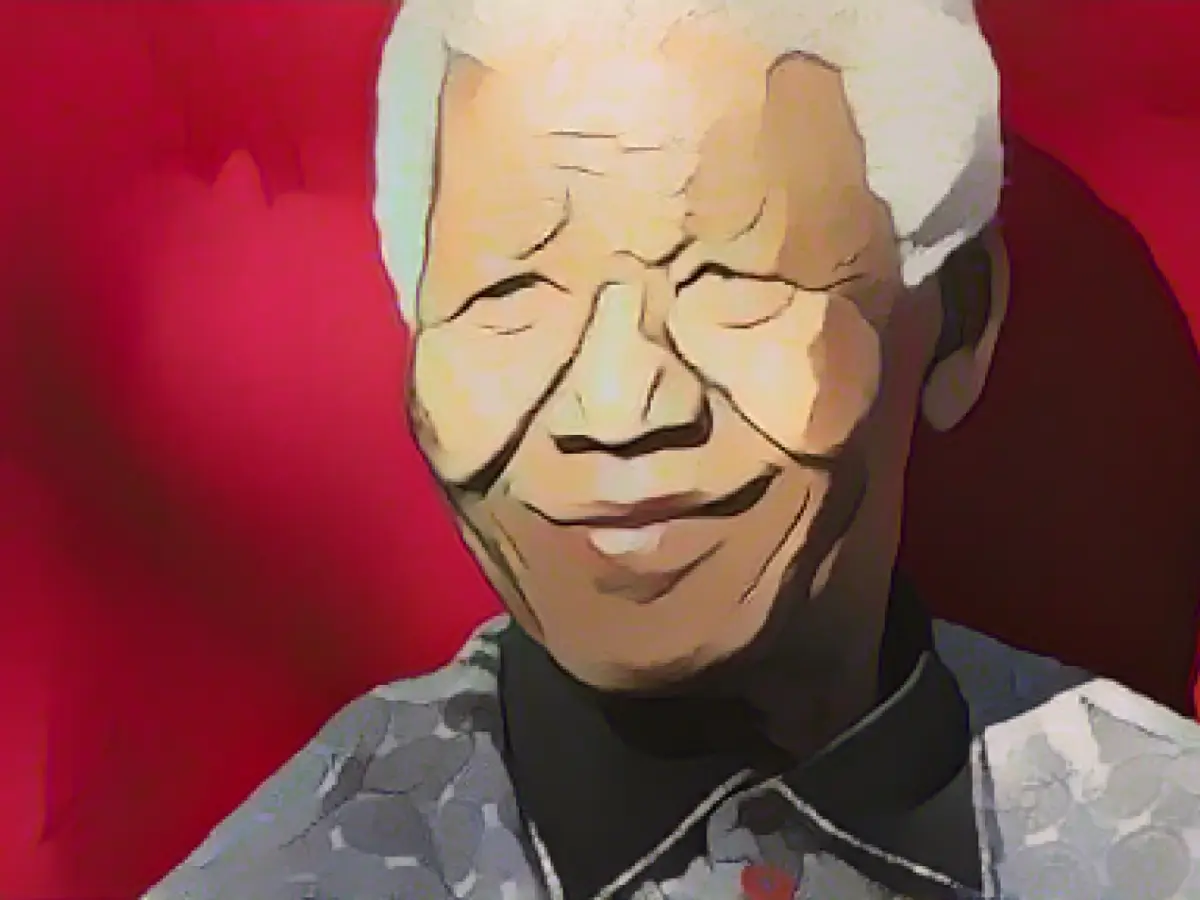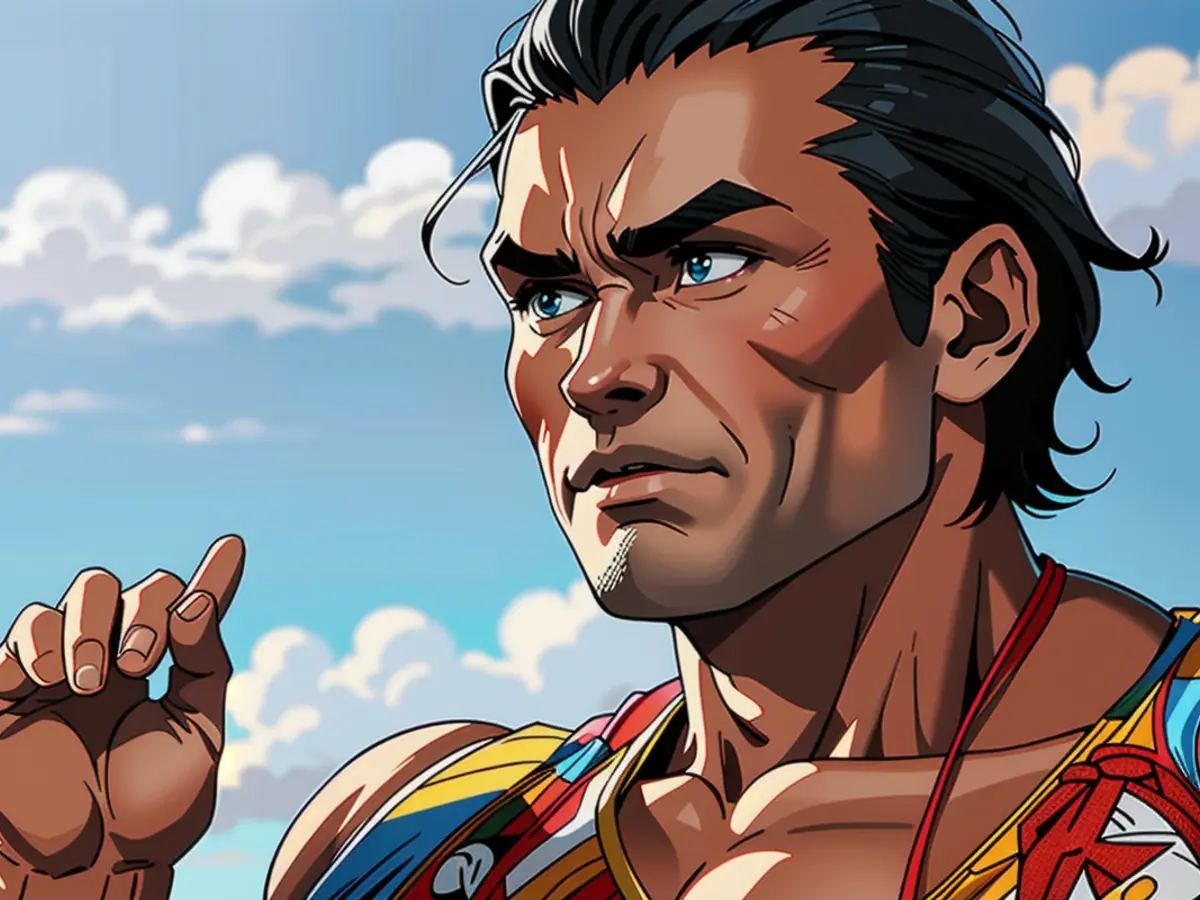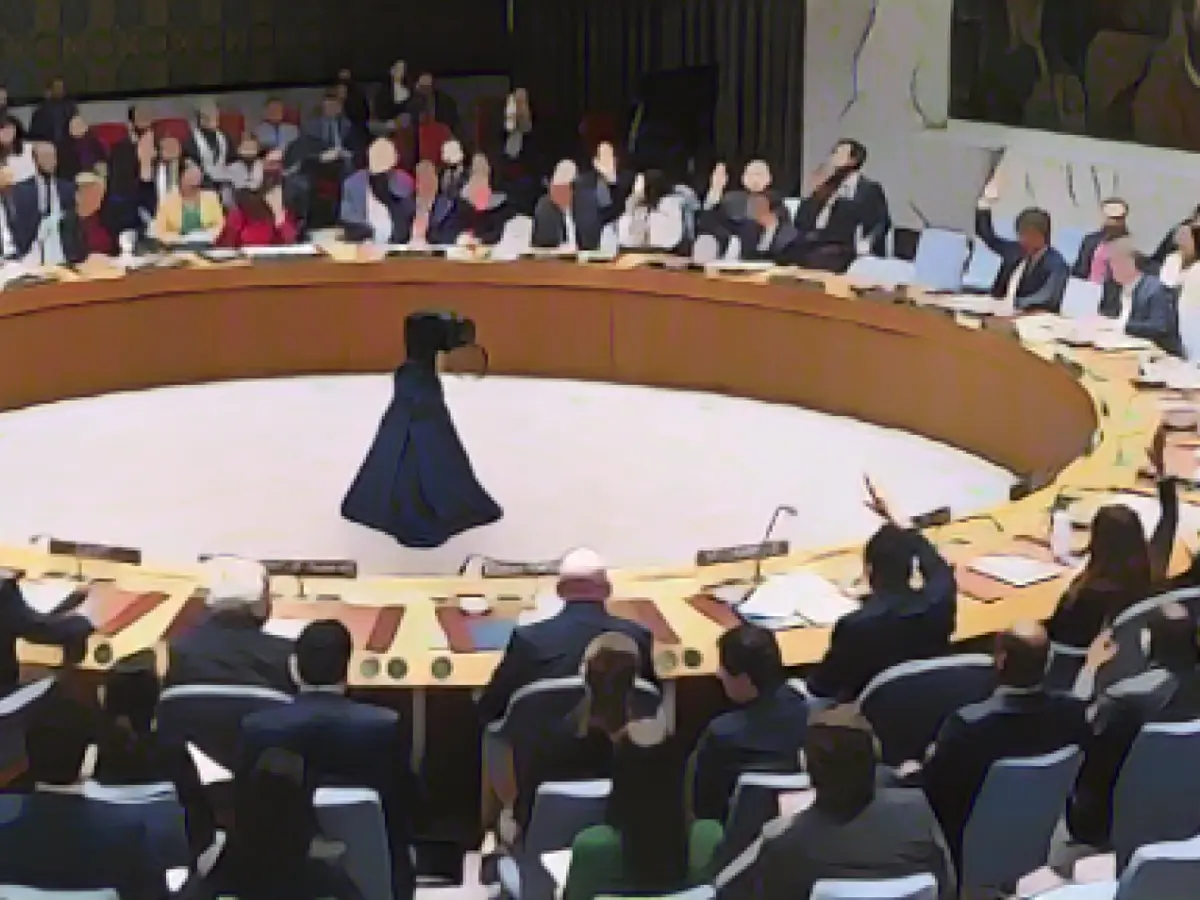A Decade After Mandela's Death: South Africa's Struggling Legacy
Nelson Mandela, the former president of South Africa, passed away ten years ago on December 5, 2013. Known as Tata Madiba in his home country, he became a global symbol of hope and freedom following his 27-year struggle against the apartheid regime. As the first democratically elected president, Mandela envisioned a nation that offered equal opportunities to all, stimulated by solid education, quality healthcare, and decent work opportunities.
However, 30 years after Mandela led the country to democracy and 10 years since his passing, South Africa has failed to uphold his ideals. Today, the country grapples with increasing poverty, unemployment, and crime, while Mandela's dream of a non-racist society on the brink of disintegration becomes more evident.
The African National Congress (ANC), which has been governing with an absolute majority since 1994, is the primary culprit in the downfall of Mandela's legacy. Despite having 62 million inhabitants, successive ANC leaders have driven the country to the brink of collapse with their corruption, incompetence, and mismanagement.
The crisis in the education and healthcare systems is stark, primarily due to misallocated funds and poor governance. Meanwhile, state-owned companies are on the verge of bankruptcy. As a result, the budget deficit continues to grow, further aggravating an already precarious economic situation.
The dream of a non-racist, inclusive society is now a mere figment of the memories of the older generation. The youth unemployment rate is stubbornly over 60%, while poverty continues to devastate many families. Mandela's vision of a constitutional state built on the foundation of equal opportunities is becoming a distant memory.
Mandela's time as president was short-lived, and he willingly stepped down to make way for party colleagues in 1999. Regrettably, this move was followed by political and economic instability in South Africa.
Subsequent leaders have harvested controversy. Thabo Mbeki, Mandela's successor, erroneously claimed that HIV was not the cause of AIDS. This decision precipitated an estimated 330,000 preventable deaths and 35,000 HIV-infected babies.
The disgrace of the Mbeki era was followed by the vice president Jacob Zuma's term as head of state (2009-2018). His name became synonymous with corruption and a blatant misuse of power known as "state capture," which has cost the nation billions. Zuma, now 81, has on several occasions evaded his corruption, money laundering, and fraud charges.
However, there is a glimmer of hope in the form of Cyril Ramaphosa, who took the presidency in 2018. But after a promising start, it became clear that Ramaphosa lacked the decisive powers needed to dismantle the backward momentum, uproot systemic corruption, and realign the ANC with its former objectives.
The Legacy of Mandela's Revolution
The damage inflicted on South Africa by the ANC has been relentless yet largely ignored by voters. The ruling party has retained power with an absolute majority since 1994 despite growing opposition.
With the presidential elections scheduled for mid-2024, the ill-prepared ANC may lose its grip on power for the first time in a quarter of a century, forcing it to establish coalitions with smaller parties.
Erosion of Mandela's Dream
Mandela's relentless fight against apartheid united the world in hope for a better future. But today, South Africa finds itself in the midst of a grave crisis that goes beyond the black and white struggle. Inequality has become the country's main problem, according to the World Bank, with the widest gap between the rich and poor in the world.
South African millionaires, encompassing both black and white elites, have prospered amid widespread poverty and persistent unemployment, primarily among young, black citizens.
And here lies the crux of the tension – the nation that once represented hope for a better future has become a symbol of the failure to bridge the rift between the wealthy and the impoverished.
South Africans may not have been vocal about their discontent yet, but they remain hopeful that a new Mandela will emerge, or an ambitious, self-sacrificing politician will rise, setting aside self-interests in favor of the people's welfare.
With the nation's immense potential in its mineral wealth, an established private sector, and a robust institutional system, the question is whether the ANC's grip on power can prevent South Africa from realizing its latent potential.








